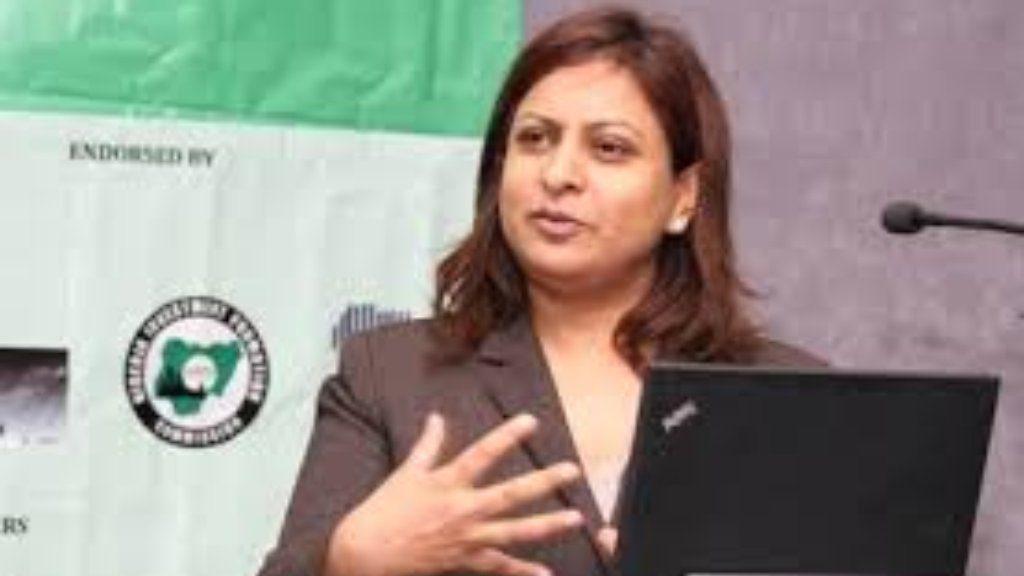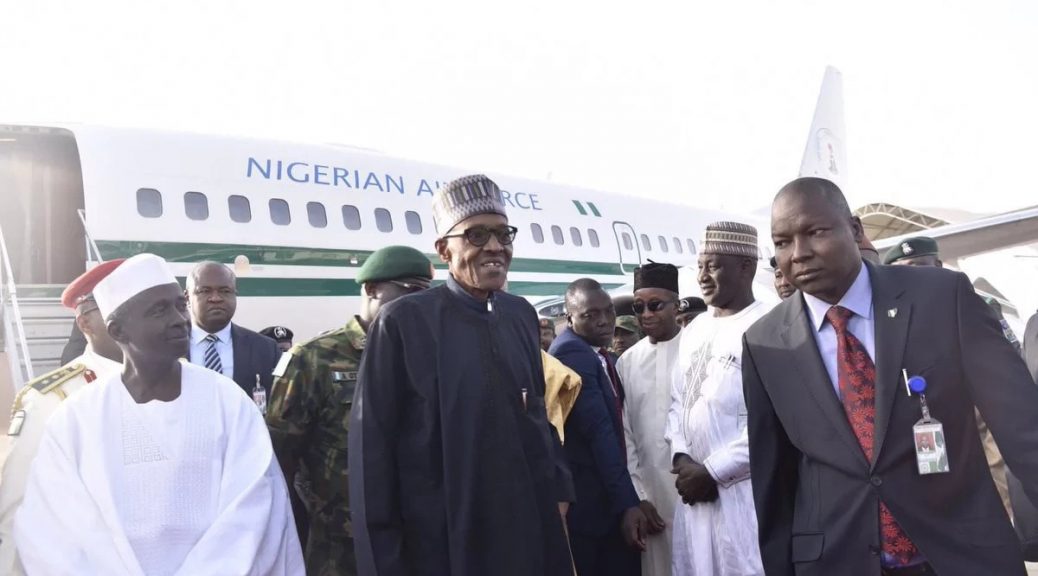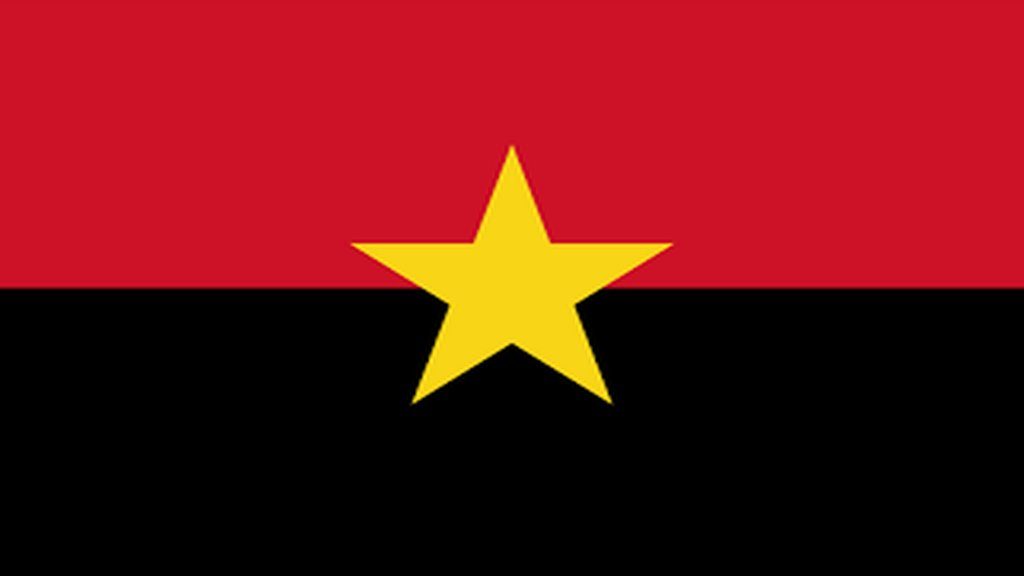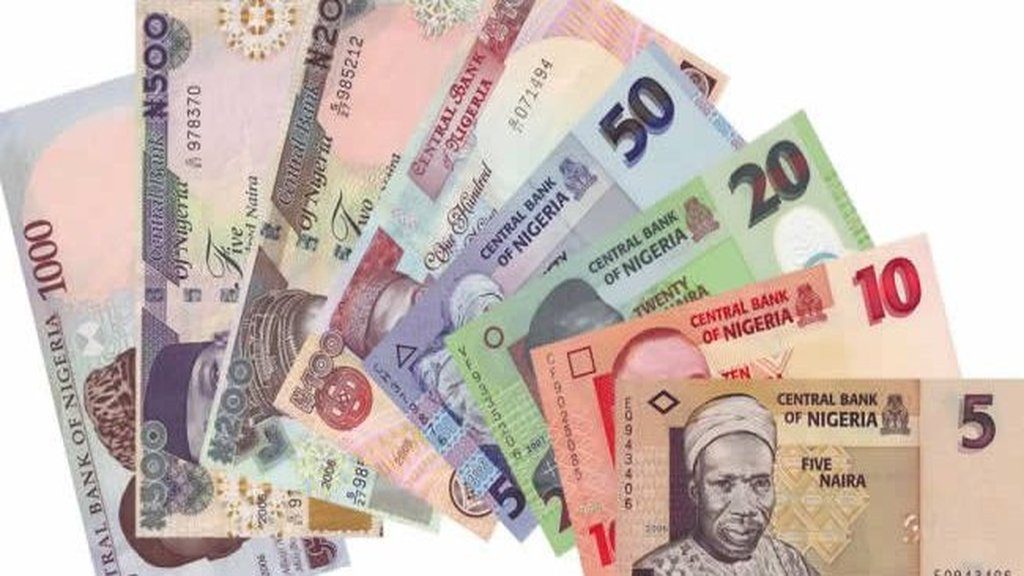Leider ist der Eintrag nur auf English verfügbar.
Schlagwort-Archive: Politik
Buhari kehrt nach langer medizinischer Behandlung in Großbritannien zurück
Angola – Allgemeine Wahlen
Angola setzt Datum für historische Wahl
Der zweitgrößte Erdölproduzent Afrikas hat im August 2017 den Zeitpunkt der historischen Parlamentswahlen gesetzt, die den Präsidenten José Eduardo dos Santos nach 38 Jahren an der Macht sehen werden. Er wird jedoch die Kontrolle über die herrschende MPLA behalten, eine Partei, die den Verteidigungsminister João Lourenço als Kandidaten bei der Wahl gewählt hat.
Quelle: African Business, Mai 2017
 afric-Invest
afric-Invest



